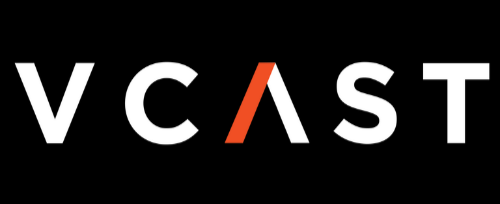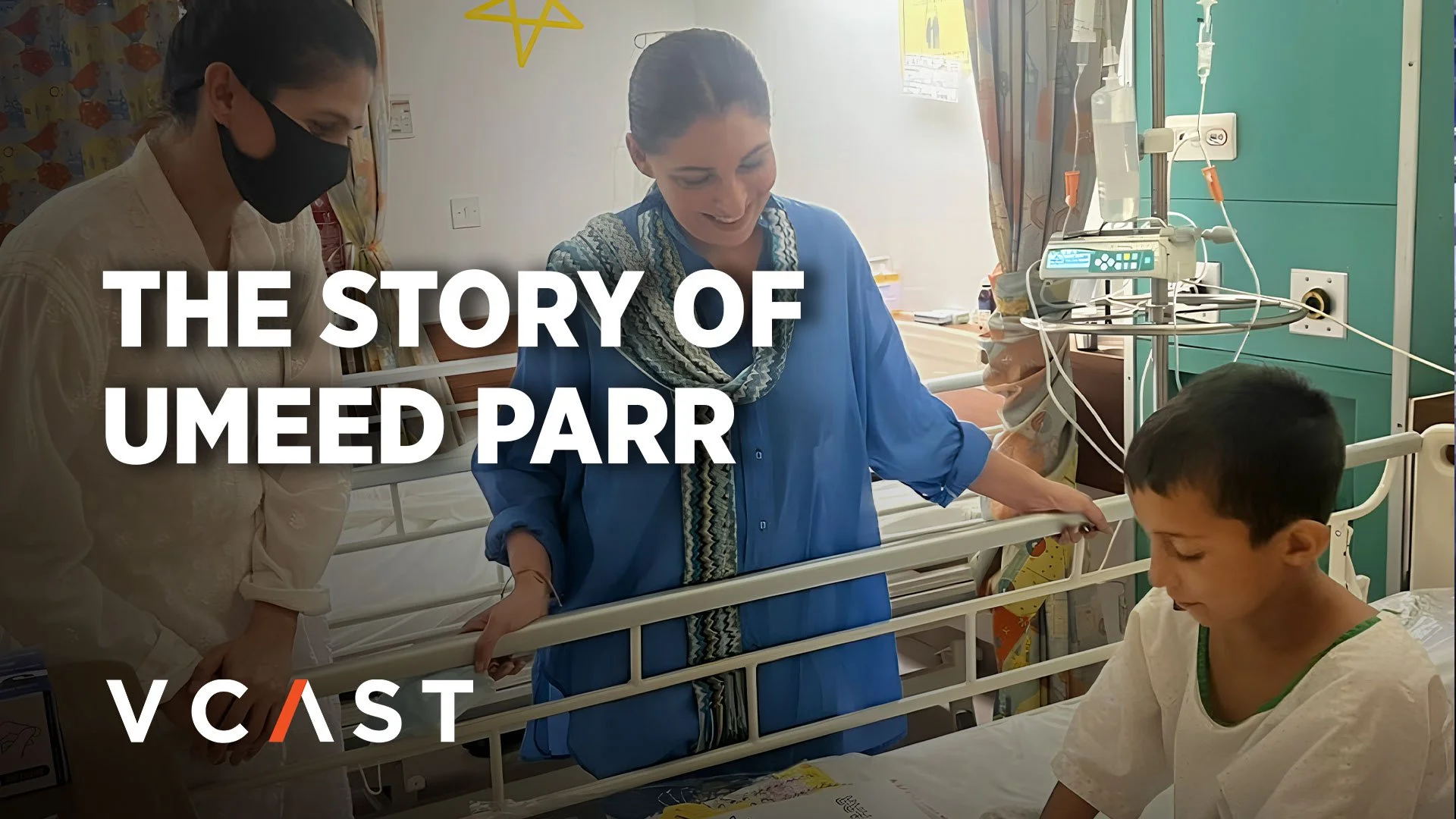Faces of Karachi - Hussain Dawood
“You had the Adamjees, the Saigols, the Dawoods, and several others. All of us were intense competitors, but we were all focused on building the economy. There was this riveted, passionate commitment to building the country,” says Hussain Dawood, Chairman of Engro Corp and The Dawood Foundation.
As the leader of one of Pakistan's oldest business families and a prominent member of the Memon community, he reflects on Pakistan’s formative years and road to its development.
Recalling the early post-independence years, he speaks of a time when Pakistan lacked a functioning economy or banking infrastructure. It was the Indian Muslim business community, including Dawood’s own family and peers, who supported the government financially for the first two years.
“The government had no money. Salaries, requirements, everything was paid for by the business people.”
A large part of this nation-building spirit came from the Memon community, a Muslim ethnic group originating from the Sindh-Gujarat region. Known for their entrepreneurial legacy, Memons have long embraced trade, expanding across India, East and South Africa, and eventually Pakistan. Their contribution to Pakistan’s post-1947 economy was foundational.
With values rooted in discipline, integrity, and philanthropy, Memons built industries in textiles, electronics, chemicals, banking, and healthcare. For them, business was a way of life, passed down through generations. Dawood highlights how his father and uncle often worked late into the night, sometimes sleeping in their warehouses to meet their commitments.
Beyond business, Dawood critiques Pakistan’s education system, warning that it now emphasizes competence without tarbiyat. He says that competencies have been misused towards corrupt ways in the absence of tarbiyat, which is necessary for controlling one’s ego.
While critiquing the current state of education, Dawood also reflects on his family's long-standing commitment to educational development. His father, in a visionary move, helped establish six engineering universities—including what is now the Dawood University of Engineering and Technology—just 14 years after independence. These institutions introduced fields like electronics and metallurgy, giving Pakistan a much-needed leap in innovation.
The center of this educational and business development was and has been Karachi. In the interview, Dawood describes Karachi as the “engine” driving Pakistan’s economy and highlights the city’s unrecognized efforts.
“It has paid 65% of the country’s taxes for 75 years yet the city is constantly ignored.”
He believes that “with closed minds and restricted hearts, we have limited [Karachi’s] potential.” However, with strategic planning and a bold vision, Karachi could have become another Dubai.
But Hussain Dawood’s reflections go beyond history—they serve as a call to action for a more unified and forward-looking Pakistan. What do you think Karachi needs most to reclaim its potential? Share your thoughts in the comments.
This presentation is part of "Faces of Karachi" - a collaboration with the TDF MagnifiScience Centre.
This article was developed with the assistance of AI tools.




